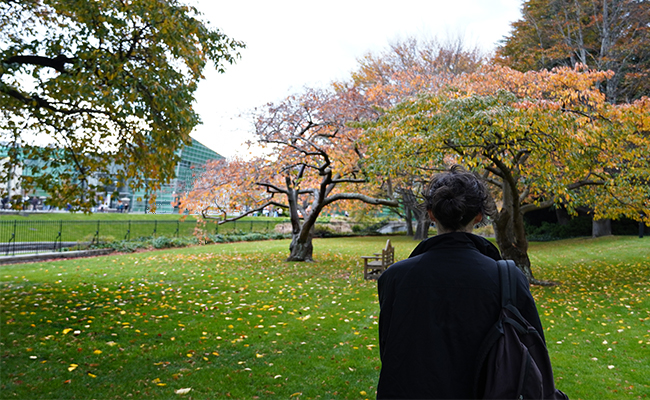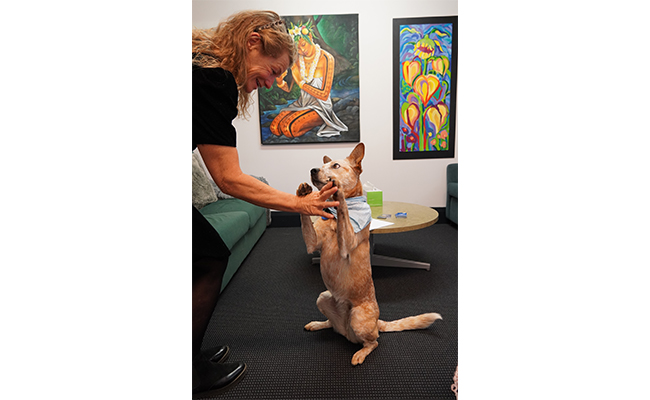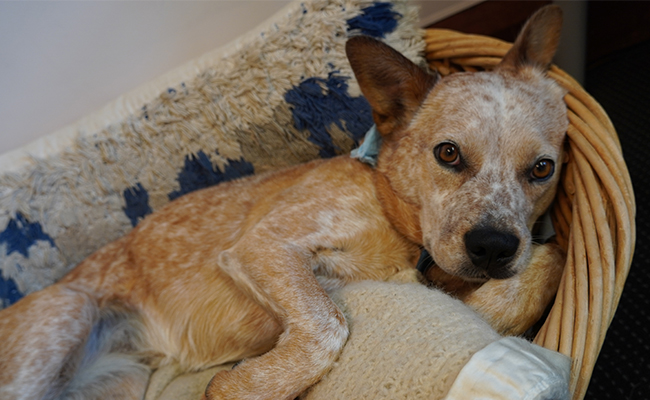
This Otago undergraduate tauira is a volunteer with Te Whare Tāwharau, a safe space on campus. Peer supporters remain anonymous so as not to 'out' students they are supporting at appointments or walking round campus.
A message from Te Whare Tāwharau:
“If you have had a sexual experience you are unsure about or have experienced any form of sexual violence, we invite you to Te Whare Tāwharau for a chat and a safe space on campus.
Our commitment is to provide a safe and warm environment where you can discuss what has happened, how it's impacting you and your studies, and what kind of support you want. If you're hesitant, we understand and if it helps, you are welcome to bring a friend along with you. We also offer support for friends, family, partners and whānau of survivors, because we know that sexual violence impacts communities as well as individuals.”
The statistics back up the critical need for the services the University's sexual violence support and prevention centre, Te Whare Tāwharau, provides.
A 2019 PhD thesis written by Otago PhD graduate Dr Kayla Stewart suggests that one in three university students in New Zealand have experienced sexual assault.
A widely quoted study suggests similar results in the United States, with one in five university students reporting that they had experienced sexual violence.
Sexual violence is a blanket term that encompasses harassment, digital harm, stalking, domestic and dating violence, sexual assault and rape.
Manager Tarn Felton says these statistics mean that a service like Otago's Te Whare Tāwharau – which is open to both tauira and kaimahi – is critical on campus.
The unique structure of the support service uses a holistic approach, blending academic research and expertise with best practise, offering support and prevention services for those impacted by sexual violence, she says.
Associate Professor Melanie Beres, the Academic Director, has been both the lead in research for the different prevention programmes and is invested in researching 'A whole campus approach to sexual violence: the University of Otago Model'.
Felton says the service not only supports survivors with referrals to University and community resources; but also works really hard on prevention.
“This means providing resources like our HYBRID workshop for student leaders and Disclosure training for staff alongside consent, relationship and community workshops for first year tauira which have a focus on making our student communities safer.”
They also have an incredible group of peer support volunteers, and the workshops are run by peer facilitators, so there is always someone to speak to who is also a student, she says.
Second year Otago tauira Lucy*, who is studying a Bachelor of Science with a double major in Neuroscience and Psychology and a minor in Pharmacology, has been volunteering as a peer supporter at Te Whare Tāwharau for just over a year.
“The service doesn't just support those directly impacted by sexual violence, but also their friends and whānau, who can often need guidance as to how best to help their loved one,” she says.
For the peer support volunteers, the mahi is hard but rewarding.
Lucy* explains that the work environment is incredibly supportive, and that manager Felton works very hard to make sure everyone is supported and looking after themselves.
“I love working with people, and working to helping causes that I think are important.
“I have volunteered in nursing homes and with UNICEF prior to this, but I find that this peer support work intersects with my studies in a way that makes me understand the real-world implications of the topics we look at in text-books.
“It's certainly confronting to be hearing about awful things happening to people, but it feels amazing to know that in some small way I am able to help them through such an awful time.”

Blue, the emotional support dog, showing off how clever she is in one of the peaceful calm spaces in the Te Whare Tāwharau building.
And there is someone else at the centre helping people through.
Blue, the Australian cattle dog, belongs to Felton.
She comes to work every day and snoozes quietly in her basket until she is needed.
Lucy* says Blue provides much needed comfort to their visitors, often putting a paw on their leg or resting her head on them if they seem upset.
“She is a really empathic dog, and she helps to provide the comfortable and safe space we try so hard to foster.
“Sometimes she can act as a really useful entry point to a conversation. Someone might come in to stroke the dog, and then slowly feel comfortable enough to talk.”

Blue belongs to Tarn Felton, and they are both passionate about providing support and care to those in need.
Something else that Felton and Lucy* emphasise is the work that Te Whare Tāwharau is doing to be as inclusive as possible.
Felton says the centre is open to people of all genders and cultural backgrounds and highlights the mahi the team are putting in to make the space as welcoming and understanding as possible for anyone who might need it.
“We have had two Pacific student navigators, who helped to develop sexual violence prevention programmes through a pacific lens, and we are currently recruiting for the role.
“Their mahi has helped us to work with people for whom cultural taboos and silence might make talking about these topics much harder.”
Lucy* also says their volunteers and staff are all allies of the LGBTQIA+ community, and are able to provide advice and support to anyone who may need it, regardless of gender or sexuality.
(*name changed for anonymity)
Useful Links:
If you or someone else is in immediate danger, call 111.
• Information about sexual violence from Te Whare Tawhārau
• Te Whare Pounamu Women's Refuge (Dunedin)
• Rape Crisis: 0800 88 33 00
• Safe to talk: a 24/7 confidential helpline 0800 842 846, text 4334, webchat or email support@safetotalk.nz.
• The Harbour Online support and information for people affected by sexual abuse.
• Women's Refuge: 0800 733 843
• Male Survivors Aotearoa Helplines across NZ, click to find out more (men only)
• University of Otago Sexual misconduct policy
Kōrero by Alice Billington, Internal Communications Adviser
